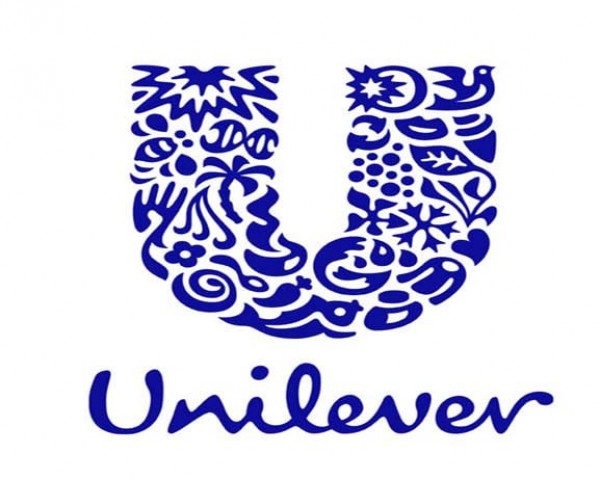Unilever to spin off ice cream business
Aims to cut 7,500 jobs for cost savings, affecting about 5.9% of 128,000 employees

Unilever said on Tuesday it would spin off its ice cream unit, home to popular brands such as Magnum and Ben & Jerry’s, and cut 7,500 jobs in a new cost-savings programme.
Investors cheered the plan, sending shares in Unilever, one of the world’s biggest consumer goods companies, up nearly 6% at one point.
The spinoff will begin immediately and is expected to complete by the end of 2025, London-listed Unilever said. The ice cream business is “in the process of moving to a separate head office in Amsterdam” but CEO Hein Schumacher said on a call with journalists that he was “open to options” regarding where it could list.
The plan was welcomed by activist investor and board member Nelson Peltz’s fund and by Unilever shareholder Aviva.
Unilever said it aims to deliver mid-single-digit underlying sales growth and modest margin improvement after the split. The ice cream business accounts for about 16% of Unilever’s global sales, and in some countries contributes a third, or 40%.
The group, whose other brands include Dove soap, Marmite and Hellmann’s condiments, also launched a programme to save costs of around 800 million euros ($869 million) over the next three years. The proposed changes would impact around 7,500 jobs globally, mostly office-based, with total restructuring costs anticipated to be around 1.2% of overall turnover during the period.
Read: Ex-Unilever Pakistan CEO makes it to Forbes top 100 executives in MENA
The cuts will affect about 5.9% of Unilever’s workforce of about 128,000 people.
“We are looking across the organisation, so in our head office, corporate centre, as well as in business group coordination points, as well as in business units in countries,” Schumacher said, but did not elaborate on which regions would be hit hardest by job cuts.
The move is a big statement from Schumacher, who became CEO in July and in October laid out plans to win back investor confidence by simplifying the business after admitting Unilever had underperformed in recent years. His predecessor Alan Jope was criticised for allowing the group’s brand portfolio to grow to about 400, leaving management distracted from its best performers.
The underperformance attracted the attention of billionaire activist investor Peltz, who took a seat on Unilever’s board in 2022 via his Trian investment vehicle and has a record of shaking up consumer goods companies. The fund, which owns a 1.45% stake according to LSEG data, told Reuters on Tuesday it “supports the strategic initiatives announced today by Unilever.”
Published in The Express Tribune, March 20th, 2024.
Like Business on Facebook, follow @TribuneBiz on Twitter to stay informed and join in the conversation.



















COMMENTS
Comments are moderated and generally will be posted if they are on-topic and not abusive.
For more information, please see our Comments FAQ